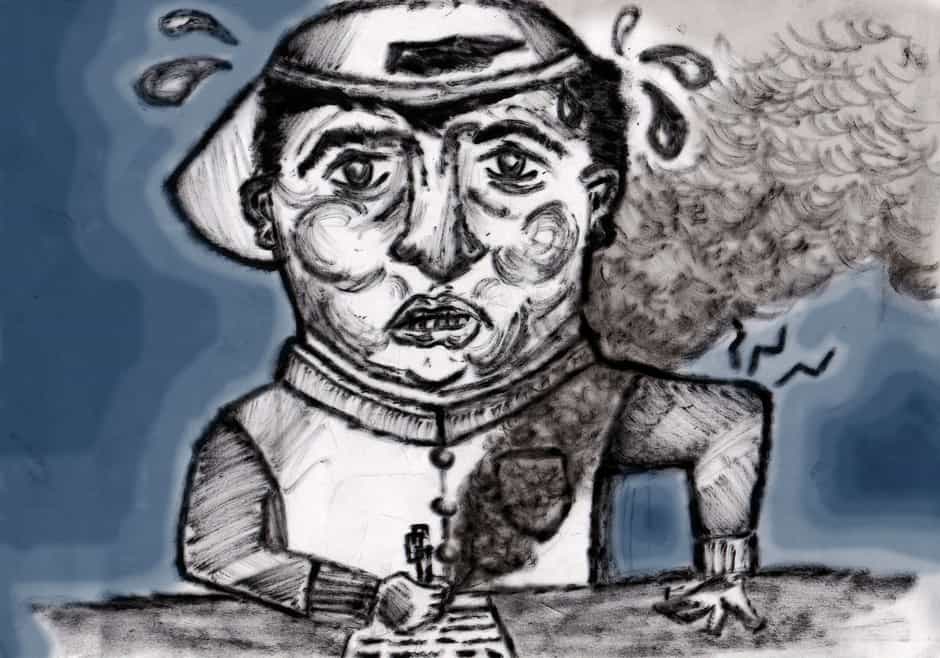Some U of T students are expressing concern over a number of perceived issues with the university’s volunteer note-taking service, and are urging that the university change the structure of the program to improve its functionality.
Volunteer note taking is an Accessibility Services program that calls on student volunteers to submit class notes for distribution to students living with disabilities or suffering from injuries. Some students say the program does not provide students registered with Accessibility Services with proper resources, leaving them with incomplete or inadequate notes.
Accessibility Services, which works to uphold the Ontario Human Rights Code, the Accessibility for Ontarians with Disabilities Act, and the University of Toronto’s Statement of Commitment regarding Persons with Disabilities, offers confidential services for all U of T students with disabilities.
According to the Accessibility Services website, the office collaborates with students and faculty to “provide effective, individualized confidential services” and to “assist in negotiated accommodation as required.”
Information posted on the Accessibility Services website for volunteer note-takers tells students to attend class regularly and take lecture notes, upload class notes to a secure website on a consistent basis, and inform Accessibility Services if any classes are dropped.
Janna*, a student who used the service in her first year after sustaining an injury, said one major issue with the program was the level of completeness in the notes she received. “An issue that I have experienced is one where the note-takers fail to properly take notes… It can be frustrating when a volunteer lacks commitment or does not match the same learning style as yours.”
Kriya Siewrattan, president of the Association of Part-time Undergraduate Students (APUS) outlined a number of concerns with the program. “The concerns about the volunteer note-taking program centre on not having volunteers sign up to provide notes, or volunteers who provide notes then stop halfway into the course, or volunteers who provide inadequate notes,” she said.
Siewrattan added that another problem with volunteer note-taking is the potential lack of instructor co-operation. In some cases, she said, announcements to the class requesting volunteer note-takers are not made.
Siewrattan called on the university to improve the program by increasing funding for Accessibility Services programs. “The volunteer note-taking program would be improved if Accessibility Services were given more funding by the university. There is currently one person who runs the note-taking program with a few work-study students assisting. At UTSC and UTM, the accessibility offices are given more resources to staff the volunteer note-taking program, which aids in the efficiency and effectiveness of the program,” she said.
Siewrattan also recommended that instructors undergo equity training to better understand the needs of students who are disabled or injured.
Other students, like Rahul*, a third-year engineering student, offered their own solutions to the program’s perceived problems. “If you could make it a paid position, more people would step up,” Rahul said.
Rahul added that providing quality parameters, or even having the professors or TAs look over the notes being provided, would greatly improve the program’s functionality and ensure that the notes being taken are adequate.
Currently, the incentive for volunteers is a certificate of appreciation. There are also no guidelines that encourage instructors to ensure the notes being given out are adequate.
At UTM and UTSC, prospective volunteer note-taker notes are first required to submit sample notes to the student requesting notes, so that they can choose a note-taker with a similar learning style.
Similar programs are also available at other universities, including York University, which requires that prospective volunteer note-takers have a B average, at minimum.
*Name changed at students’ request.


